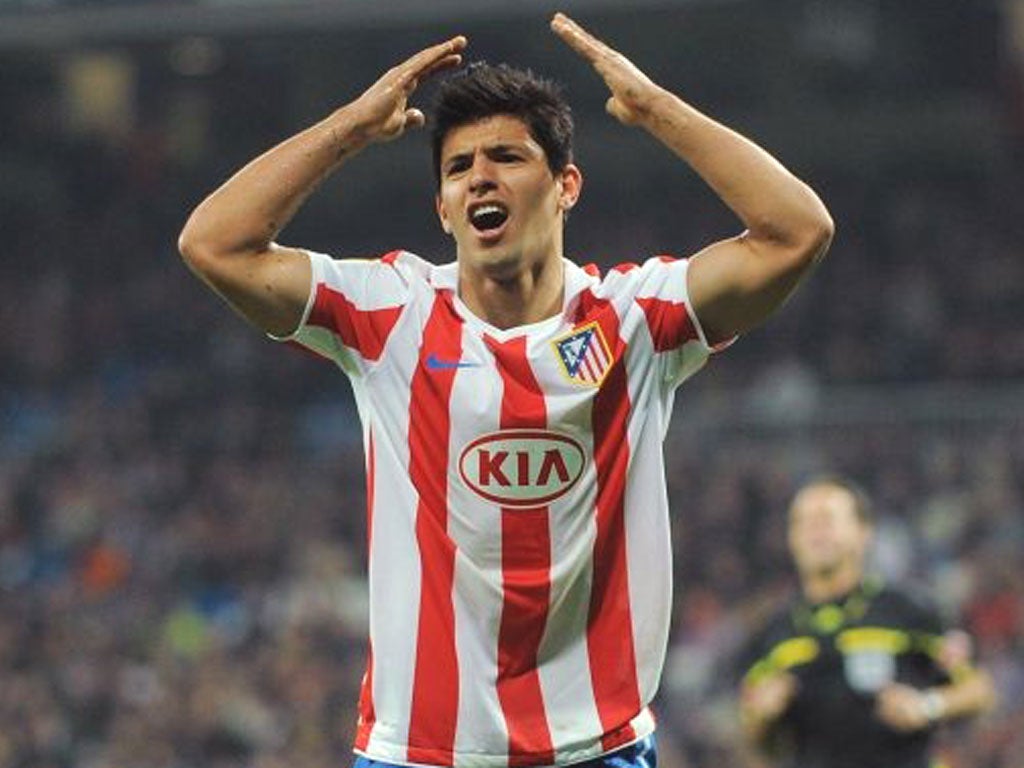Sam Wallace: Disgrace of Spanish clubs' unpaid tax bills

When faced with the prospect of the Spanish government waiving the collective €752m debt the nation's football clubs owe to the country's tax authorities, the reaction in Europe last week was one of outrage. The German tabloid Bild even asked how long the German taxpayer would be obliged to subsidise the wages of Lionel Messi and Cristiano Ronaldo. What they meant was that while the European Union members bailed out the Spanish economy, successful Spanish clubs were failing to meet their own tax obligations. Strictly speaking, Real Madrid have no tax debt among the €170m debt that the club carry, but Barcelona owe €48m of their overall €364m debt to the Spanish taxman.
Uli Hoeness, the outspoken president of Bayern Munich, got to the point rather more quickly when asked about the proposal to excuse Spanish clubs their tax debt. "This is unthinkable," he said. "We pay them hundreds of millions to get them out the s*** and then the clubs don't pay their debts."
It is a uniquely modern European dilemma, encompassing EU bail-out funds and the competitiveness of the continent's respective leading clubs, all of which ultimately adds another fiendishly complex element to the concept of Financial Fair Play, as proposed by Uefa president Michel Platini. It is further proof that while Spanish football is undoubtedly top dog in Europe, with five teams in the quarter-finals of the two Uefa competitions, it is not without problems.
As Pete Jenson reported in these pages on Saturday, a government report in Spain disclosed that the equivalent of £625m is owed by Spanish clubs to the country's public purse, with £353m of that due from 14 of the 20 clubs in the top division. This is not money owed to banks, investors or owners. It is owed to the Spanish people.
On a sporting level it is "financial doping" at its very worst. On a social level it is nothing short of a disgrace in a country where youth unemployment currently runs at 50 per cent.
Not all top Spanish clubs are culpable and it was reassuring to read in the breakdown of club debt by AS newspaper that Athletic Bilbao, the team of largely home-grown Basque stars who left English football spellbound with their schooling of Manchester United last week, do not owe the taxman a cent. So too Real Sociedad, Getafe, Villarreal and Sporting Gijon. On the other hand, Atletico Madrid, currently eighth in La Liga and drawn against Hannover 96 in the quarter-finals of the Europa League, owe the Spanish public purse €155m, more than any other club. The money from the €50m sale of Sergio Aguero to Manchester City last summer went straight to the tax authorities. Valencia, who play AZ Alkmaar in the same stage of the competition, owe €6m in unpaid tax.
When Hoeness expressed German football's bitterness that their government is, indirectly, subsidising the success of Spanish clubs it is the likes of Hannover he was talking about. Atletico's big signing was Falcao from Porto last summer, a £33m signing financed by third-party ownership deals. Hannover bought Mame Biram Diouf from Manchester United. Enough said.
Meanwhile, of course, no one would pretend that British football is the perfect financial model, especially given Rangers' and Portsmouth's debts to HMRC.
Join our commenting forum
Join thought-provoking conversations, follow other Independent readers and see their replies
Comments
Bookmark popover
Removed from bookmarks